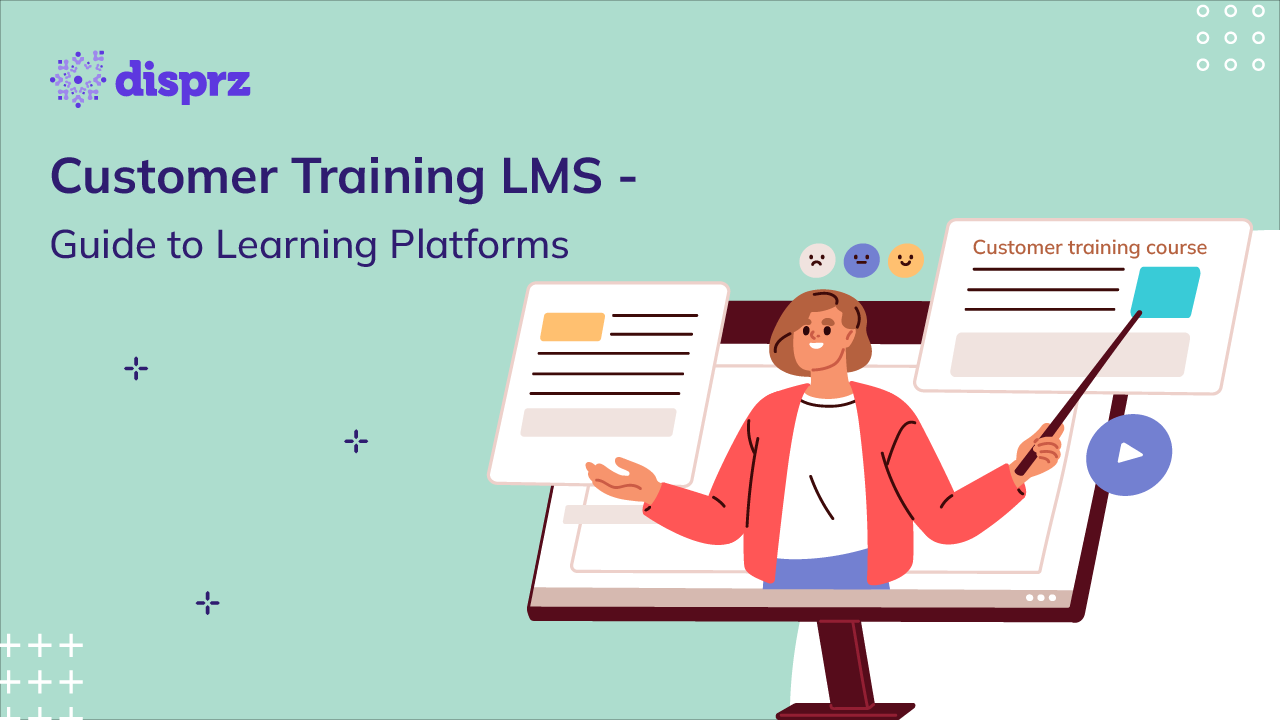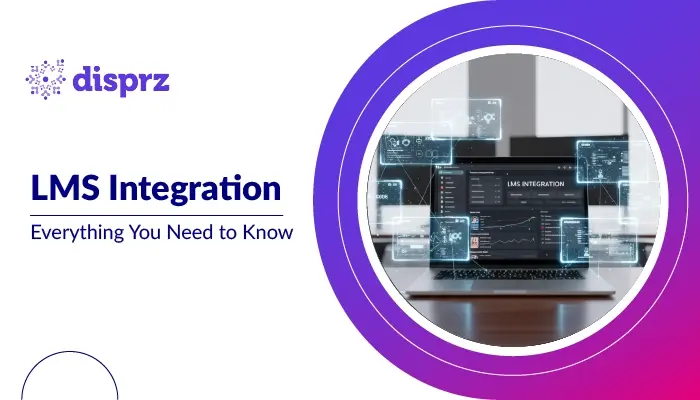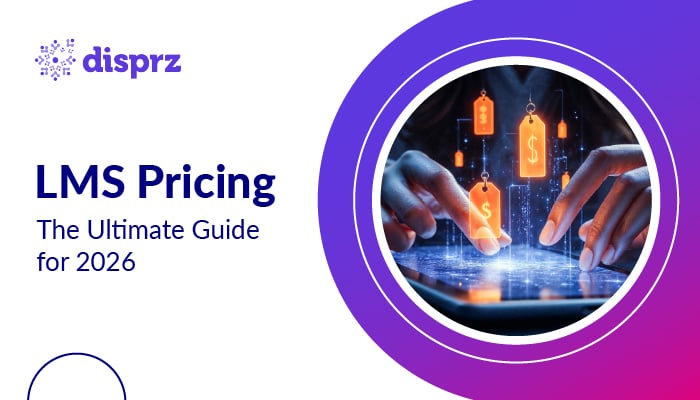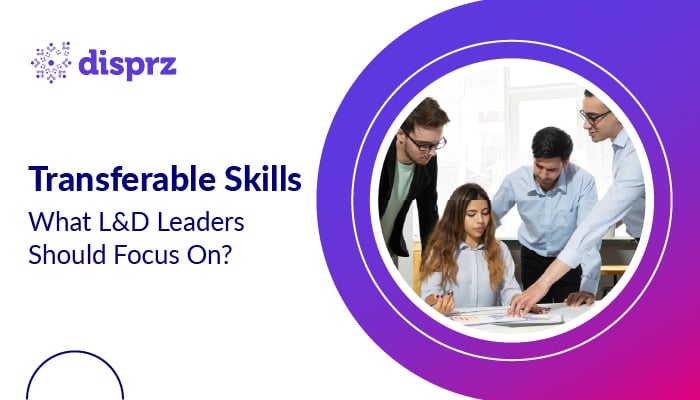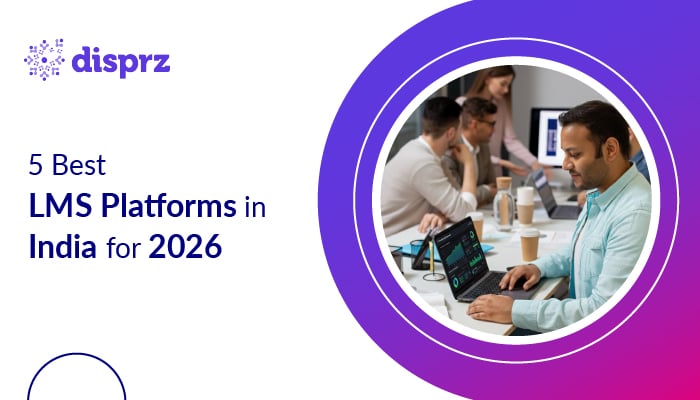What is Customer Training?
In today's rapidly evolving landscape, customer training plays a pivotal role in fostering engagement and retention, particularly in industries characterized by swift technological advancements. Organizations globally are realizing the profound impact of employing a well-structured learning management system (LMS), which offers tailored learning pathways aligned with customer needs and business goals. Exploring the fundamentals of customer training, this guide delves into how selecting the right LMS can elevate routine customer interactions into opportunities for growth, loyalty, and increased lifetime value.
Customer training is essential for enhancing product knowledge and elevating customer satisfaction, particularly in competitive markets. The advent of LMS has revolutionized customer training by providing versatile tools for creating, managing, and delivering training content in diverse multimedia formats, thereby making learning engaging and easily accessible.
What is Customer Training LMS?
A customer training LMS is a specialized software platform designed to deliver training courses and resources to customers. It serves as a central hub for organizing, delivering, and tracking online learning materials, enhancing users' proficiency and ensuring they utilize your product or service to its fullest potential.
Examples of customer training applications for LMS solutions include
Customer Onboarding
Simplify the onboarding process for new customers by delivering essential information and teaching them the necessary skills to start using your product.
Certification Programs
Implement certification programs to validate customer expertise and instill confidence in their ability to utilize your product effectively.
Customer Support Enhancement
Offer training modules to assist customers in troubleshooting common issues independently, reducing their reliance on customer support.
Reasons to Use an LMS for Customer Training
Using LMS software for customer training provides numerous benefits for businesses aiming to educate and support their customers.
Here are some key reasons to adopt an LMS platform for customer training:
Centralized training hub
A robust LMS platform serves as a central hub for all training materials and resources, ensuring learners have easy access to the latest content and allowing updates to be made in one place.
Consistent training experience
An LMS ensures a consistent training experience through standardized learning paths tailored to learners' specific needs, maintaining quality and delivering a unified message across your customer base. Moreover, if your company has existing eLearning content developed according to SCORM standards, it's crucial to use an LMS platform that supports SCORM.
Self-paced learning
An LMS's self-paced learning feature caters to the varied needs of your learners. Whether onboarding new customers or offering ongoing training, individuals can progress at their own pace.
Intuitive learning experience
An intuitive LMS makes the learning process smooth and user-friendly, enhancing the overall experience and making it easier for customers to navigate the training platform.
Progress tracking and analytics
The LMS provides in-depth insights into learner progress and employee engagement. This functionality is crucial for assessing the effectiveness of your customer training program so you can make data-driven decisions for continuous improvement.
Cost-effective training
Cloud-based LMS solutions drastically lower training costs compared to traditional methods. Eliminating the need for physical materials, locations, or on-site instructors, they enable comprehensive customer training at a fraction of the expense.
The ability to create a certification program
Certification programs offer a formal means to acknowledge and validate the skills and knowledge customers gain through training. Earning a certification can motivate customers to engage actively with the training material, providing them with a tangible goal to strive for.
Types of Customer Training LMS
There are numerous customer training LMSs available today, but they are not all the same. Although many share features, there are clear distinctions between them.
Customized LMS Solution
Opting for a custom-built LMS provides extensive control over the software's final design. With customization from scratch, you can tailor the layout to meet your precise requirements. However, building bespoke software entails challenges, consumes time, and incurs substantial costs, whether done internally or outsourced to a developer.
SaaS-based LMS
A Software as a Service (SaaS) LMS resembles a cloud-based LMS, as it's a customer training platform developed and hosted by another company on its servers. Utilizing a SaaS LMS can significantly minimize the time and resources needed to establish a customer training program, eliminating the need to develop your own software. Moreover, many SaaS customer training platforms offer extensive customization options, enabling you to present a fully personalized learning interface to users.
Installed LMS
An installed LMS resides on your servers rather than a provider's (like SaaS LMS). This grants greater control over aspects like data storage and security but also entails full responsibility for data maintenance. As data storage needs escalate, self-management may become more burdensome than beneficial.
Open-source LMS
An open-source LMS is constructed on open-source code, allowing customization to match customer training needs. This offers flexibility without necessitating the creation of an LMS from the ground up, yet demands substantial coding expertise to personalize the platform for your brand.
Factors to Consider when Picking an LMS for Customer Training
How can you determine the most suitable type of customer training LMS for your program?
Here are some factors to take into account
Scale
Evaluate the current and future customer base you'll train with the LMS.
Budget
Assess your allocated budget and consider the availability of resources, including time, in-house content creation capabilities, and any external partnerships that might be required. Take into account the costs associated with developing or purchasing new learning materials, technology platforms, and any additional training for your team. Ensure that your budget also covers ongoing maintenance and updates to the content and technology, as well as potential scaling needs in the future.
Features
It's crucial to determine if your organization requires specific integrations, such as those with your Customer Success Platform. Additionally, consider whether advanced reporting capabilities are necessary to meet your business objectives.
Technical Expertise
Understand the level of technical proficiency required, particularly for installed or custom systems, and ensure that appropriate technical resources are readily available. This involves evaluating the specific technical skills and knowledge necessary to operate, maintain, and troubleshoot these systems.
Customization
Determine the level of design flexibility desired for your academy. If seamless integration with brand touchpoints or embedding within your app is crucial, a custom LMS may be required.
Support
Assess whether support for scaling your program is necessary. Consider the significance of having a Customer Success Manager and a comprehensive knowledge base for achieving your goals.
Conclusion
Consider Disprz for your top-notch Customer Training LMS needs. It offers a specialized platform for organizing, delivering, and tracking learning materials, ensuring centralized training, consistent experiences, and intuitive interfaces. With various Disprz LMS types available, including customized, SaaS-based, installed, or open-source, you can tailor your solution to fit your requirements. Factor in considerations such as scale, budget, features, technical expertise, customization, and support to make an informed decision. Discover a robust solution for your training needs with Disprz today!
FAQs on Selecting the Best Customer Training LMS
1) How do you provide customer training?
-
Establish program goals
-
Choose the right technology
-
Learning delivery platform
-
Create useful and engaging learning
-
Deliver training to customers at the right time
-
Track and improve
2) Is LMS required for customer training?
Yes, an LMS is essential for customer training as it centralizes content, tracks progress, and ensures consistent learning experiences, fostering customer satisfaction and loyalty in competitive markets.



